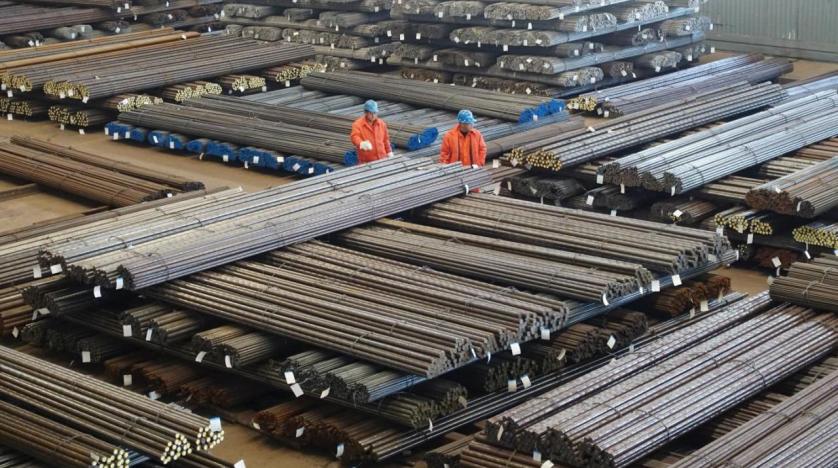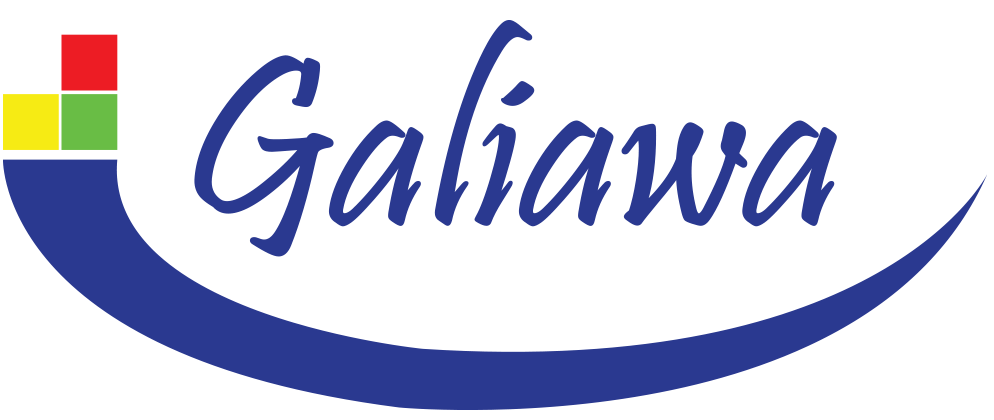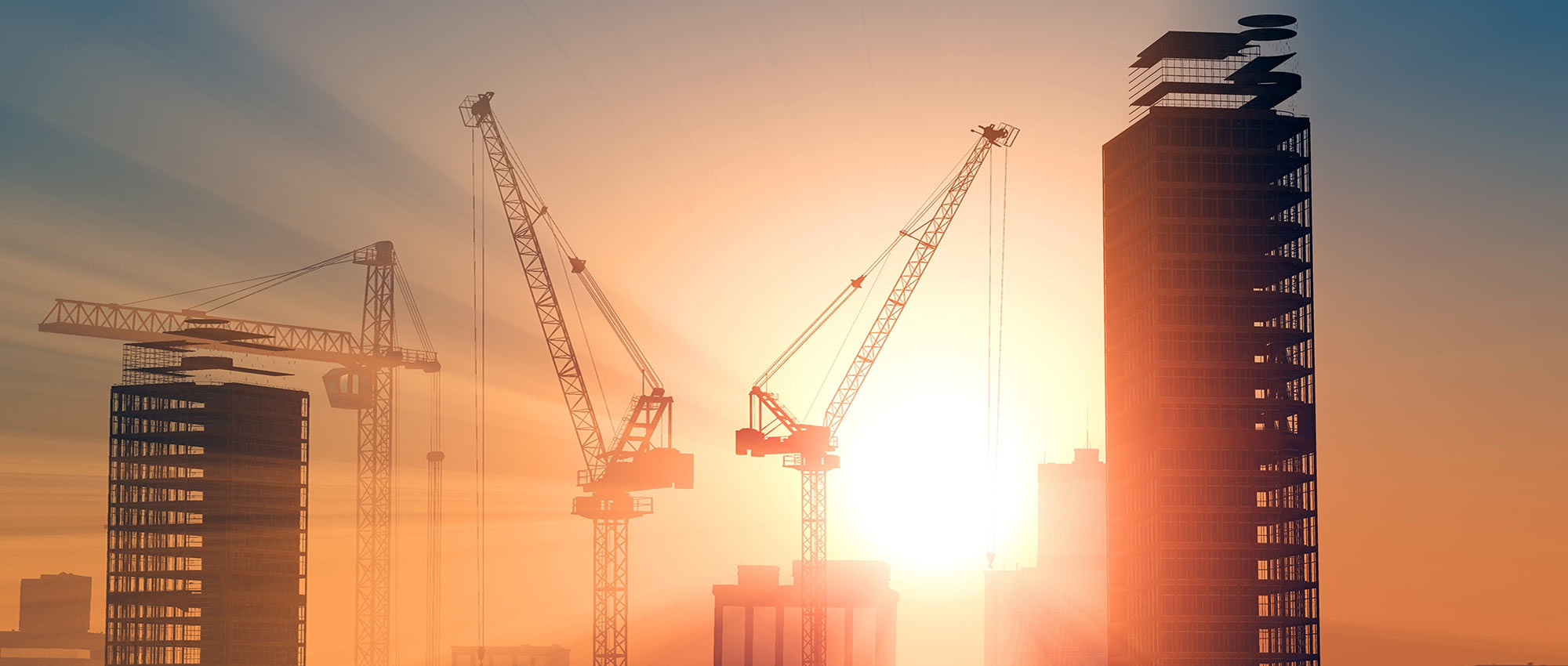
Our cutting-edge products are designed to meet the need for advanced, efficient building solutions that produce lasting results.
Cement Trading
Galiawa offers a range of advanced cements to suit every possible project.

Profile
The sales and distribution of cement has been the backbone of Galiawa for over 40 years. The Group started out with only 10 trucks transporting cement in a small region of Kurdistan in 1983 and now, we have transportation services from the northernmost point of Iraq all the way to the South. Our efficient and streamlined service, made possible by our 245-truck fleet of high-tech trucks and storage capacity of our factories, has enabled us to separate ourselves from our competitors and become one of the largest distributors of cement in the country. Our long-standing relationship with cement leaders such as Lafarge, Mass and KAR, has given us the ability to move no less than 8.5 million tons of cement in 2019.
Our products
-
API, Class G (HSR)
-
General Use Portland Cement(Type I)
Product Sheet
API, Class G (HSR) Type Oil Well Cement
| TECHNICAL SUPPORT
Should you require any information for this product within the Galiawa range, please contact our customer support team ……. |
HEALTH AND SAFETY
Contact between cement powder fluids (e.g. eye fluids) may cause irritation, dermatitis or burns. Cement is classified as an irritant under the Chemicals (Hazard information and packaging) Regulations. Please refer to the product safety data sheet for full information. |
| API, Class G (HSR) is a quality-assured API specification 10A cement and carries the official API Monogram. As a result of the radically different conditions of oil wells, API, Class G (HSR specifications are established by the API (American Petroleum Institute). |
FEATURES
|
STORAGE
|
| APPLICATIONS
Ideal for applications including;
|
CONDITIONS OF USE
|
Product Sheet
General Use Portland Cement (Type I)
| TECHNICAL SUPPORT
Should you require any information for this product within the Galiawa range, please contact our customer support team ……. |
HEALTH AND SAFETY
Contact between cement powder fluids (e.g. eye fluids) may cause irritation, dermatitis or burns. Cement is classified as an irritant under the Chemicals (Hazard information and Packaging) Regulations. Please refer to the product safety data sheet for full information. |
| Our general use Portland cement (Type I and GU) is a quality-assured cement that meets with Iraqi Standards IQ.S 5:1984 Type I and EN 197-1:2011. |
| GENERAL INFORMATION
Our Portland cement is a high quality, cost-effective and versatile basic building material used in virtually all forms of construction, from hospitals and homes to schools, tunnels and airports. |
AVAILABILITY
|
FEATURES
|
STORAGE
|
| APPLICATIONS
Ideal for above ground applications such as
|
CONDITIONS OF USE
|
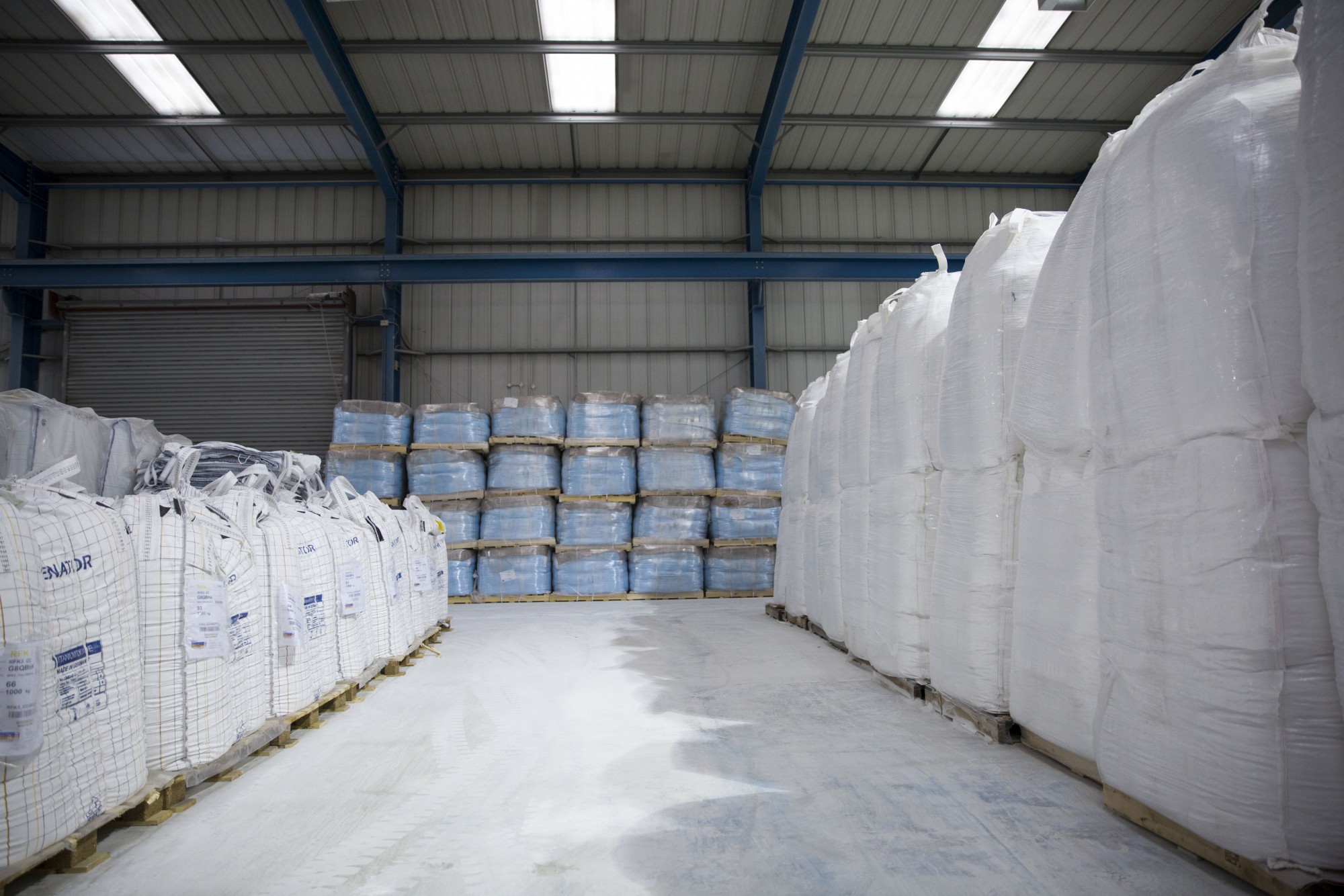
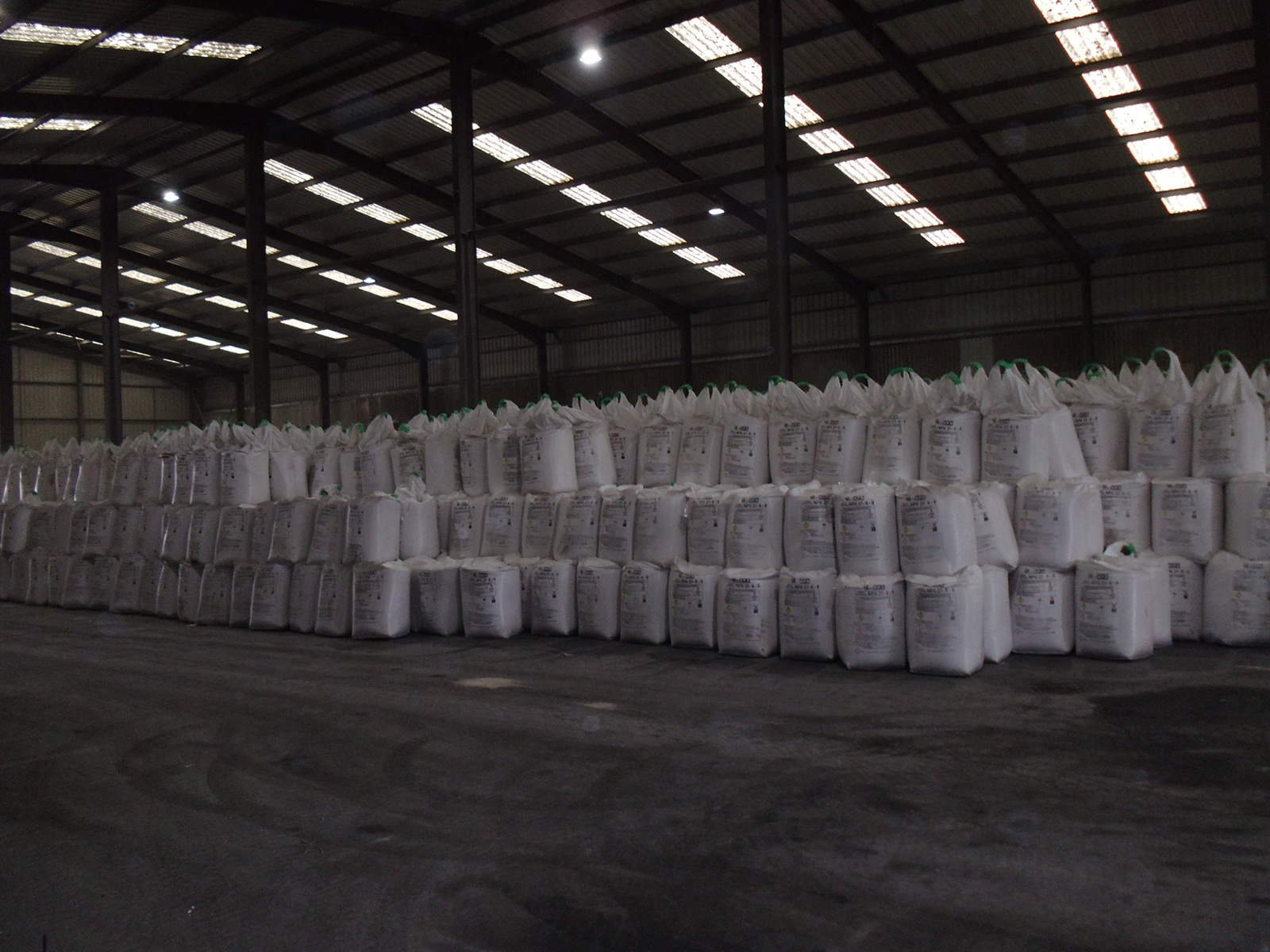
OUR AGGREGATES
Whatever you need for your application, toughness or resistance to weathering, Galiawa ensures that all aggregate products are of the highest quality so Galiawa’s aggregates can be relied on by our clients.
At Galiawa, the aggregate solutions available can be split into two major categories:
- Main natural aggregates that are collected from hard rock quarries and sand and gravel deposits.
- Alternative aggregates, made of recycled concrete, and secondary aggregates, such as mining waste, slag, and ashes, from other industrial waste.
What are aggregates?
As in the case of natural sand and gravel, aggregates are rock fragments derived from fluvial deposits or quarried from hard rock formations. The extracted materials are then processed into final products by crushing, shaping, and screening, including washing where necessary. In the manufacture of concrete or bitumen, the processed aggregates can be mixed with cement materials as a binder in the production of asphalt.
Our Products
CEMENT 101
| We have world-class cement that is suitable for a broad range of applications. What you need to know about cement is this.
|
|||||||
| 1. | What is cement and how is it made?
Cement consists of carefully calibrated quantities of calcium, silica, aluminium and iron which are combined in balanced proportions and then heated to extreme temperatures to create clinker. To create cement, this material is ground into a fine powder. The method provides it with hydraulic characteristics, allowing it to bind sand and gravel together to form concrete. |
2. | Types of cement
In the building industry, there are different kinds of cement used. Depending on its intended use, the material structure and properties differ between each type of cement. Additives are introduced during the manufacturing process to alter things such as strength, curing time, color, and resistance to chemicals.
|
3. | The difference between cement and concrete
One of the materials used in the making of concrete is cement. Concrete consists of the cement paste and aggregates. By adding water to cement, the paste is formed, and aggregates are made up of sand or crushed stone. These materials together harden to form the rock-like mass we know as concrete.
|
4. | Strength
Cement products are usually graded by strength, with a higher number suggesting a higher strength, ranging from 35.5, 42.5 and 52.5. The strength class is determined by standard tests performed at either two or seven days, and again at 28 days. The strength class is generally preceded by the letters’ N ‘or’ R ‘, with normal strength indicated by the former, and fast strength gain indicated by the latter. |
| 5. | How long does cement take to dry?
Within 24 to 48 hours, most cement will set. The curing process will reach partial completion after 7 days. It is necessary to keep the cement free from heavy loads during this process. Construction can proceed afterwards. At 28 days, most cement mixes will be cured fully and maximum strength is reached. |
6. | Shelf life and storage
The shelf life of cement is roughly 6 months inland, and 3 months in coastal areas. This can be impacted, however, by storage conditions. Cement should always be stored in a dry and moisture-proof area. The bags should be stacked on wooden pallets about 20 cm off the floor, in an environment with as few windows as possible. |
7. | Precautions
When dealing with cement, it is important to practice proper precautions. Cement can cause irritation and burns when it comes into contact with the skin because of its alkaline nature. Fine cement powder can also cause damage to the eyes and lungs. Protective equipment is, therefore, required. This entails protection for the eyes, gloves, safety shoes, and protective clothing. |
||
Ready-mix & Precast Concrete
Ready-mix
Galiawa strives to regularly provide our clients with first-class goods and services. We acknowledge the negative consequences of failure to fulfill the needs of our customers so as a consequence, we are always committed to providing quality. To ensure that we have the best goods and services in the industry, Galiawa demands quality from both our suppliers and ourselves. To achieve this, Galiawa has developed and operates a Quality Control System that meets the requirements of the product compliance regulations and standards of BS EN ISO 9001, BS OHSAS 18001 and BS EN ISO 14001. Moreover, we fulfill the specifications of the Iraqi Central Laboratory for product enforcement in concrete development and distribution facilities locally.
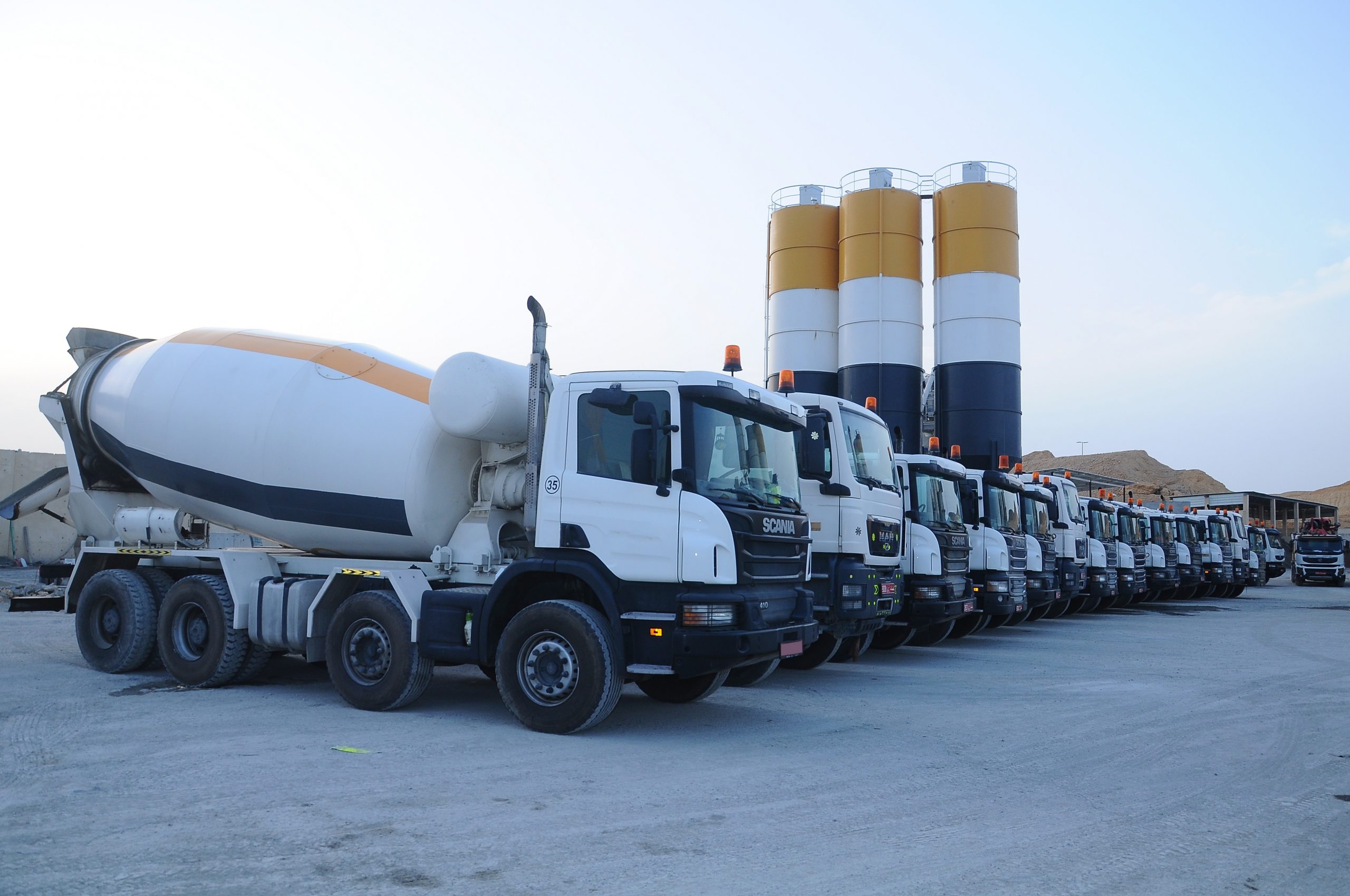
Each of our locations is supervised by professional quality control managers who lead a full team to monitor and validate individual results. Our arrangement requires 24-hour monitoring in the event that urgent action is required. Via well-established contact networks between the quality control department and suppliers of raw materials, effective quality control is further promoted.
All our batching plants are fully automated and operated by the …??? system. To ensure quality and precision of the constituent parts, the system automatically controls the specific batching specifications of each mix design. Galiawa ‘s test frequency is well above the enforcement criteria of BS EN 206 for ready-mix output quality control. Samples are taken at 1 in 120 -150m3 generated and both 7 and 28 days are tested for compressive power.
Galiawa offers a range of advanced ready-mix products to suit every possible project.
Profile
Galiawa’s ready-mix and precast concrete operations were established in 2010. With a limited capacity of 60 m3/h, 8 transit mixers and 2 concrete pumps, our small-scale operation was only able to serve the Erbil district. Galiawa made a name for itself in no time with its production quality and professional management and soon after became the leader in the ready-mixed concrete sector. In order to meet the increasing demand more easily, we opened our second batch plant in the Erbil region in 2012, our third in 2013 and fourth and fifth in 2014. Since then, had held our leadership position in the market and eventually opened batch plants in Baghdad and Duhok province in 2016.
What is ready-mix concrete?
Ready-mix concrete is concrete which is produced in a factory or batched plant according to a fixed formula. It is then delivered by truck mounted in-transit mixers to a work site. Ready-mix concrete is an accurate mixture that enables the production and application of specialty concrete mixtures on construction sites and due to the consistency of the mixture and reduced worksite confusion, ready-mix concrete is often favored over on-site concrete mixing.
Ready-mix products
- Standard concrete
Product Sheet
|
Standard Concrete |
| TECHNICAL SUPPORT
Should you require any information for this product within the Galiawa range, please contact our customer support team ……. |
HEALTH AND SAFETY
Contact between cement fluids (e.g. eye fluids) may cause irritation, dermatitis or burns. Concrete is classified as an irritant under the Chemicals (Hazard information and packaging) Regulations. Please refer to the product safety data sheet for full information. |
| This standard concrete is formulated for most generalised applications. This product meets the strictest of international standards zero loads rejected. |
| GENERAL INFORMATION
Our standard concrete allows you to pick the strength that is suited for a wide variety of jobs. The concrete is reliable and ultimate strength is guaranteed at 28 days. |
AVAILABILITY
We supply this product in pumpable or non-pumpable form, starting from 75 mm and upwards in slump grades. |
FEATURES
|
APPLICATIONS
Ideal for applications including;
|
BENEFITS
|
STANDARDS
|
Precast concrete
At Galiawa Group, we understand that it is important for the success of any construction project to use quality precast concrete items. We have been able to produce various forms of precast concrete and other creative items that architects and construction professionals have favoured over our many years of business. All of our products are designed to stand the test of time as well as provide complete flexibility and freedom of design.

We produce our precast concrete products off-site in a factory-controlled environment, in comparison to casting concrete on site. In a regulated environment, we can ensure that the highest quality precast concrete products have minimal expansion and contraction. With unwavering consistency, our method delivers superior performance. This is why building professionals prefer Galiawa’s precast concrete products for the most complicated and complex construction projects.
As a result of their high thermal performance, our precast concrete products are also environmentally friendly.
What is precast concrete?
Using a mould, precast concrete is produced off-site. That’s the primary distinction between precast concrete and cast concrete on site, which is poured on site into its final destination. It is necessary to remember that not all precast concrete with cable reinforcement is prestressed. In many structures and buildings where optimizing the strength of the concrete is important, the addition of this reinforcement is especially useful.
Inside the concrete, the insertion of the wire or rebar generates stress that is released until curing is complete. The wire or rebar tension release transfers strength to the concrete, making an even stronger material. This method is quicker, safer and more economical than regular concrete, regardless of whether or not pre-stressing is a part of the equation. Precast concrete materials help you optimize the potential of your project while making sure that it is done on time. They are also among the most versatile products in construction, combining a strong structure with the ability to:
- Choose any combination of color, form or texture
- Integrate facades
- Meet compatibility requirements for historic structures
- Create everything from small sections to long open spans
- Be recycled or reused upon removal or replacement
Our products
- Bunker
- Guard Tower
- T-Wall
- Texas Barrier
Steel
Galiawa knows how important it is for you to have all the resources you need available in order to meet goals and stay on budget, and ultimately, successfully complete your project. That is why we stay committed to expanding and upgrading our facilities and equipment so we may better serve our customers. With one large plant in Erbil and plans to open another plant soon, we are able to efficiently handle all your needs for steel rebar and post tension cable.
Profile
Galiawa’s combined operational facilities extend over ….. square meters. Our delivery capacity exceeds ???t/d. To ensure a just in time service, Galiawa owns and manages its own fleet of vehicles which has over 1000 tonnes of same day delivery capacity, servicing over ???? customers on a monthly basis. Currently we
Our products
-
Rebar
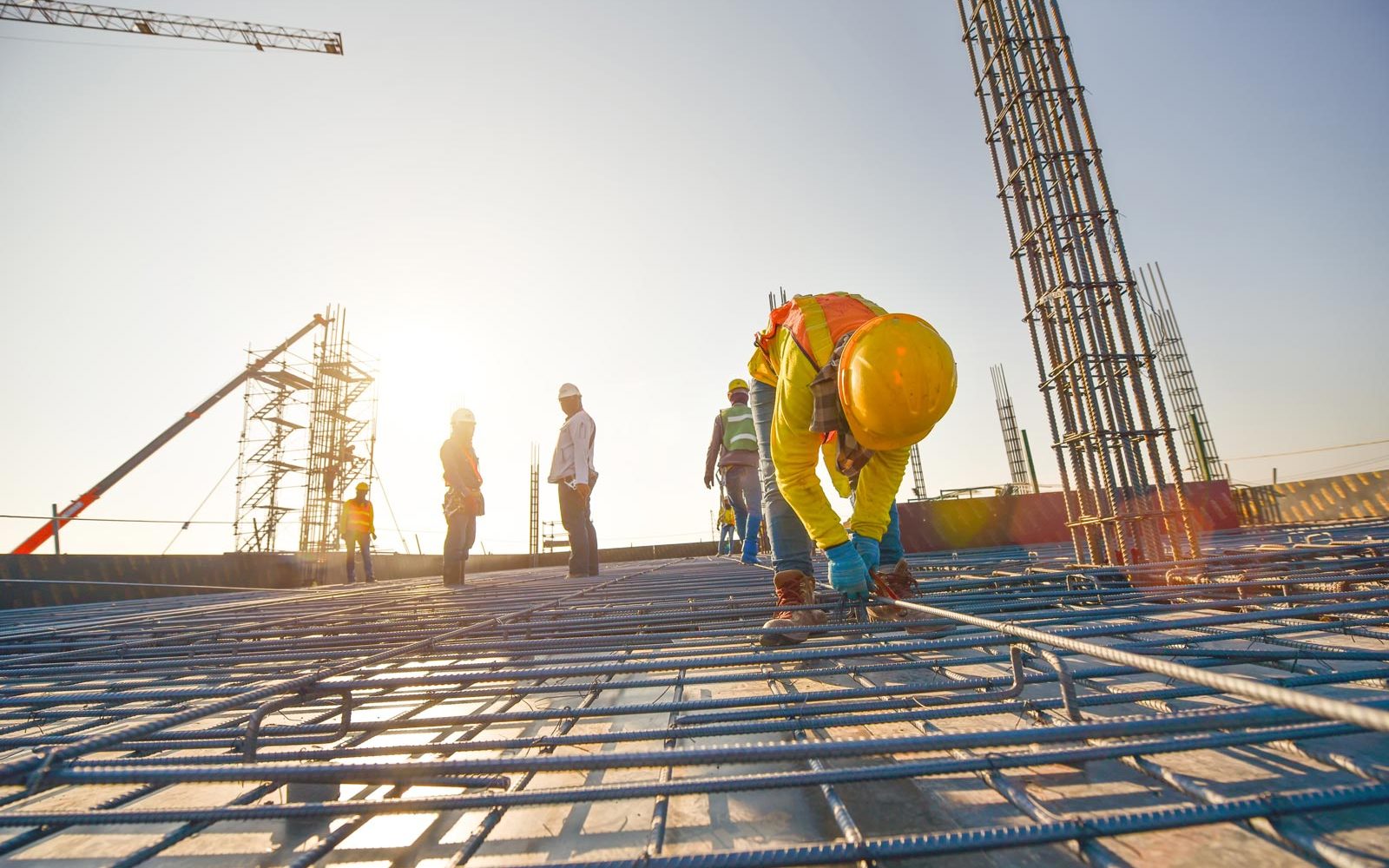
Product Sheet
|
Rebar |
| TECHNICAL SUPPORT
Should you require any information for this product within the Galiawa range, please contact our customer support team ……. |
HEALTH AND SAFETY
Always wear gloves and eye protection when handling and tying rebar that is rusty. Flush cuts with water or peroxide, cover and see a physician. Tuck in shoestrings and pant legs to prevent hang-ups when walking through flatwork. |
| Rebar, also known as reinforcement steel and reinforcing steel, is a steel bar used in reinforced concrete and masonry structures to strengthen and hold the concrete in tension. We |
| GENERAL INFORMATION
These bars are extensively used for reinforcement purposes in construction |
AVAILABILITY
|
FEATURES
|
BEST PRACTICES
|
| APPLICATIONS
Ideal for applications including;
|
